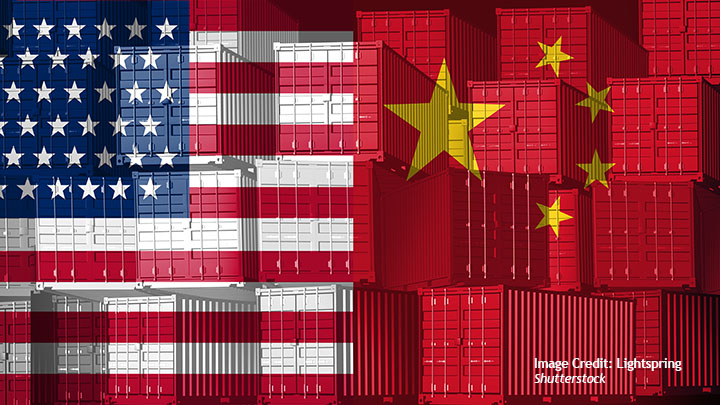EQUITIES
Markets in Asia-Pacific were lower on Tuesday.
Chinese major led the decline regionally as the Hong Kong’s Hang Seng index slipped 1.73%. The Shanghai Composite was lower by 1.30%.
In Japan, the Nikkei 225 was down 0.92%, South Korea’s KOSPI was down 1.04%, and in Australia, the S&P/ASX 200 slipped 0.12%.
Overnight on Wall Street, all three major indexes advanced. The Dow Jones Industrial Average rose 1.98%, to 31,880.24, the S&P 500 gained 1.86%, to 3,973.75 and the Nasdaq Composite added 1.59%, to 11,535.28.
OIL
Oil prices were little changed on Tuesday, caught between worries over a possible global downturn and the prospect of higher fuel demand from the U.S. summer driving season and Shanghai's plans to reopen after a two-month coronavirus lockdown and Beijing's promises of stimulus.
U.S. crude eased 0.4% to $109.80 per barrel, while Brent was flat at $113.47. Brent gained 0.7% on Monday while WTI settled nearly flat.
The European Union will likely agree an embargo on Russian oil imports "within days", according to its biggest member Germany, as Moscow said it saw its economic ties growing with China after being isolated by the West over its invasion of Ukraine.
CURRENCIES
The safe-haven dollar clawed back some of its overnight losses. The dollar index added 0.16% to 102.255, bouncing after Monday's 0.85% tumble took it further from the nearly two-decade peak above 105 marked mid-month.
The yield on 10-year Treasury notes was at 2.844% after a more than 40-basis-point decline from a multi-year high of 3.203% set two weeks ago.
GOLD
Gold was slightly higher on Tuesday, though gains were capped as the U.S. dollar rebounded after a slide in the previous session.
Spot gold rose 0.1% to $1,855.10 per ounce, after rising to its highest since May 9 of $1,865.29 on Monday. U.S. gold futures climbed 0.35% to $1,854.20.
Spot silver dipped 0.3% to U21.71 per ounce and platinum eased 1.3% to $946, while palladium edged up 0.1% to $1,994.50.
ECONOMIC OUTLOOK
Asian shares were subdued in Tuesday trading as global markets struggled to sustain a comeback rally following weeks of losses.
Markets have been roiled in recent weeks by worries about persistently high inflation and aggressive attempts by the U.S. Federal Reserve to rein it in while the global economy copes with fallout from Russia's invasion of Ukraine. China's zero-COVID policy with attendant lockdowns also has done considerable economic damage.
Meanwhile, markets had taken some comfort from U.S. President Joe Biden's comment on Monday that he was considering easing tariffs on China. Biden said he was considering cutting U.S. tariffs on Chinese goods, at a press confidence during his trip in Japan as part of his first Asia tour. As consumer prices heated up, the White House had said last month that it was looking at how those tariffs have contributed to inflation. Those tariffs took effect in 2018 when the Trump administration imposed tariffs on billions of dollars’ worth of Chinese goods and Beijing retaliated with similar punitive measures, drawing both sides into a protracted trade war.
The release of global manufacturing PMIs over the course of Tuesday will be another key focus for traders.













